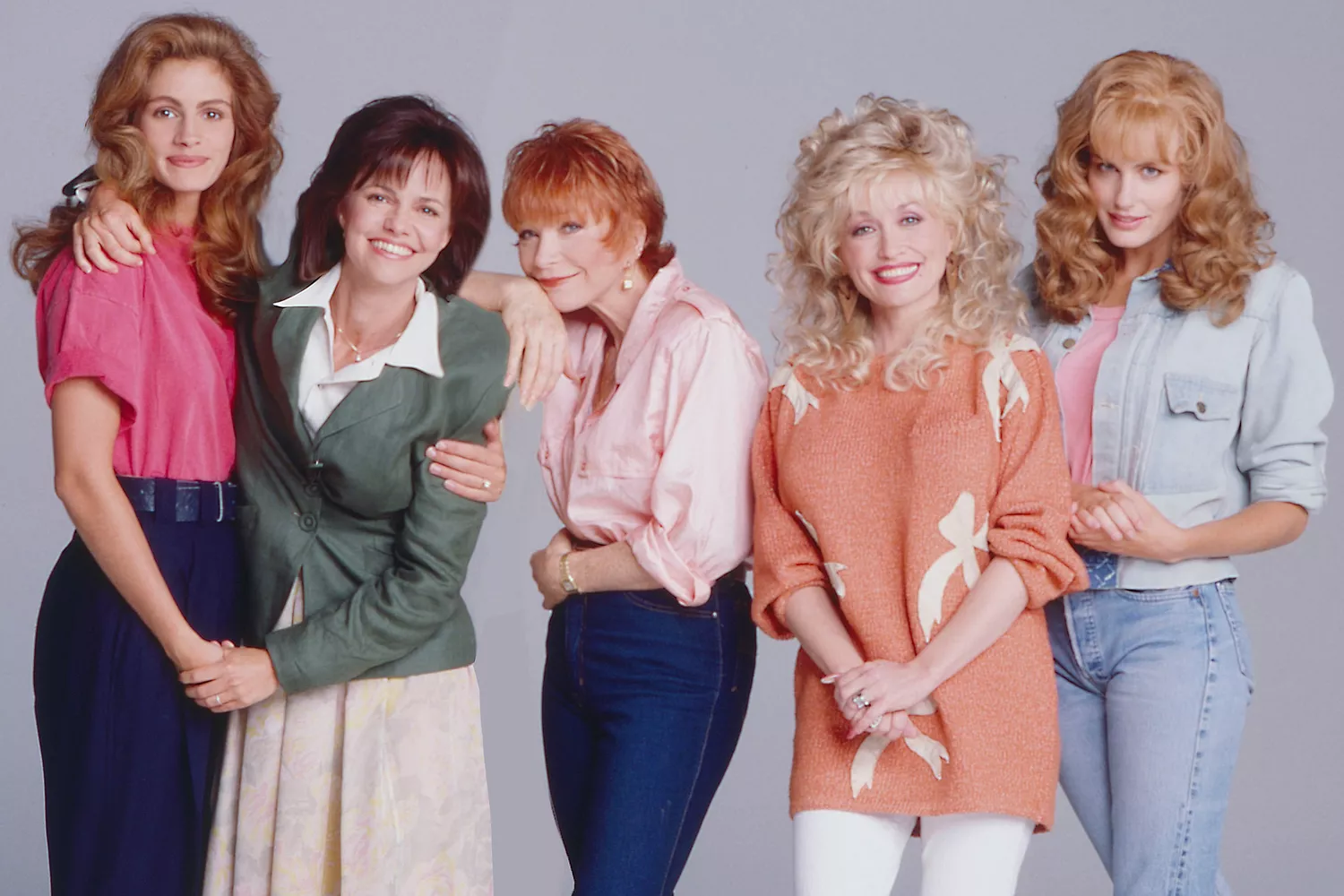Eric Roberts Critiques Julia Roberts’ Steel Magnolias: “Nobody’s Great in That Movie”
Eric Roberts may be proud of his sister Julia Roberts, but he’s not shy about expressing his thoughts on one of her most celebrated films.
In his memoir, Runaway Train: Or the Story of My Life So Far, the prolific character actor shares his unfiltered opinions about the 1989 dramedy Steel Magnolias. While acknowledging Julia’s performances in Mystic Pizza and Pretty Woman, he expressed skepticism about her role in Steel Magnolias, stating, “I don’t want to sound like a jealous sibling, but I don’t think her performance held up in that movie. When I saw her in Steel Magnolias, I thought, ‘Okay. Good. She’s almost a good actor, and one day she’s gonna be one.'”
Roberts extends his critique beyond his sister, arguing that the entire cast—Sally Field, Dolly Parton, Olympia Dukakis, Shirley MacLaine, and Daryl Hannah—overacted in the film. “Nobody’s great in that movie. They all chewed a lot of scenery,” he wrote. “We know that if an actor cries on film, they often receive extra accolades. Crying gets a lot of credit; it’s a running joke in acting classes, even at Lee Strasberg’s Actors Studio. Crying and dying bring home the bacon!”
He suggests that Julia received praise partly due to her authentic Southern roots, which aligned with her character’s Louisiana background. “Another reason she got an Oscar nod for Steel Magnolias was her authenticity as a sweet, small-town Southern girl,” he noted. “That’s what she was, or at least how she started off.”
Roberts believes that their Southern heritage has significantly contributed to Julia’s charm. “Her Southern accent and mannerisms are a big part of her appeal,” he explained. “While beauty can sometimes intimidate, Julia’s down-home demeanor made her seem like your best friend. There’s a colorful quality to Southern speech.”
In the same chapter, Roberts reflects on how Pretty Woman catapulted Julia to a new level of fame. “Everyone loved that movie and Julia’s performance,” he recalled. “I was working with George C. Scott at the time, and he told me he thought her movie was going to be a massive hit. It was. I witnessed Julia’s transformation into a superstar.”

While he insists he’s “not really” jealous of her success—acknowledging that they’re unlikely to compete for the same roles—Roberts admits he was caught off guard by the spotlight that Julia’s fame cast on him. “When her stardom became a worldwide phenomenon, it thrust me into the public eye in a new way,” he wrote.
Some of that attention felt unwarranted. “There were all sorts of rumors, even bizarre ones about incest. I don’t know where that started,” he noted. “It could have stemmed from a misguided stereotype about Southerners. It felt as if there wasn’t room for both Julia and me in the public imagination—we seemed to be competing.”
Roberts speculates that Julia may have been frustrated with him for not acknowledging her stardom sooner. “When you rule the world, as she did for a while, and a family member is slow to recognize it, you might hold it against them,” he wrote. “I never paid enough tribute to her. I still saw her as my little sister, knowing she rose from humble beginnings to become one of the biggest stars ever.”
Eric Roberts Critiques Julia Roberts’ Steel Magnolias: “Nobody’s Great in That Movie”
He also reflects on the differences in their careers, stating, “Julia is a movie star, and I’m an actor. There’s a difference. That’s how people see us, and how I see us, and I’m fine with that. When people ask if I have a problem with my sister’s success, I say no. We’ll never be up for the same roles, and I’m not waiting for her kind of paycheck or stardom.”
Eric Roberts’ memoir, Runaway Train: Or the Story of My Life So Far, is available now.
Latest new from Beuteeshop

